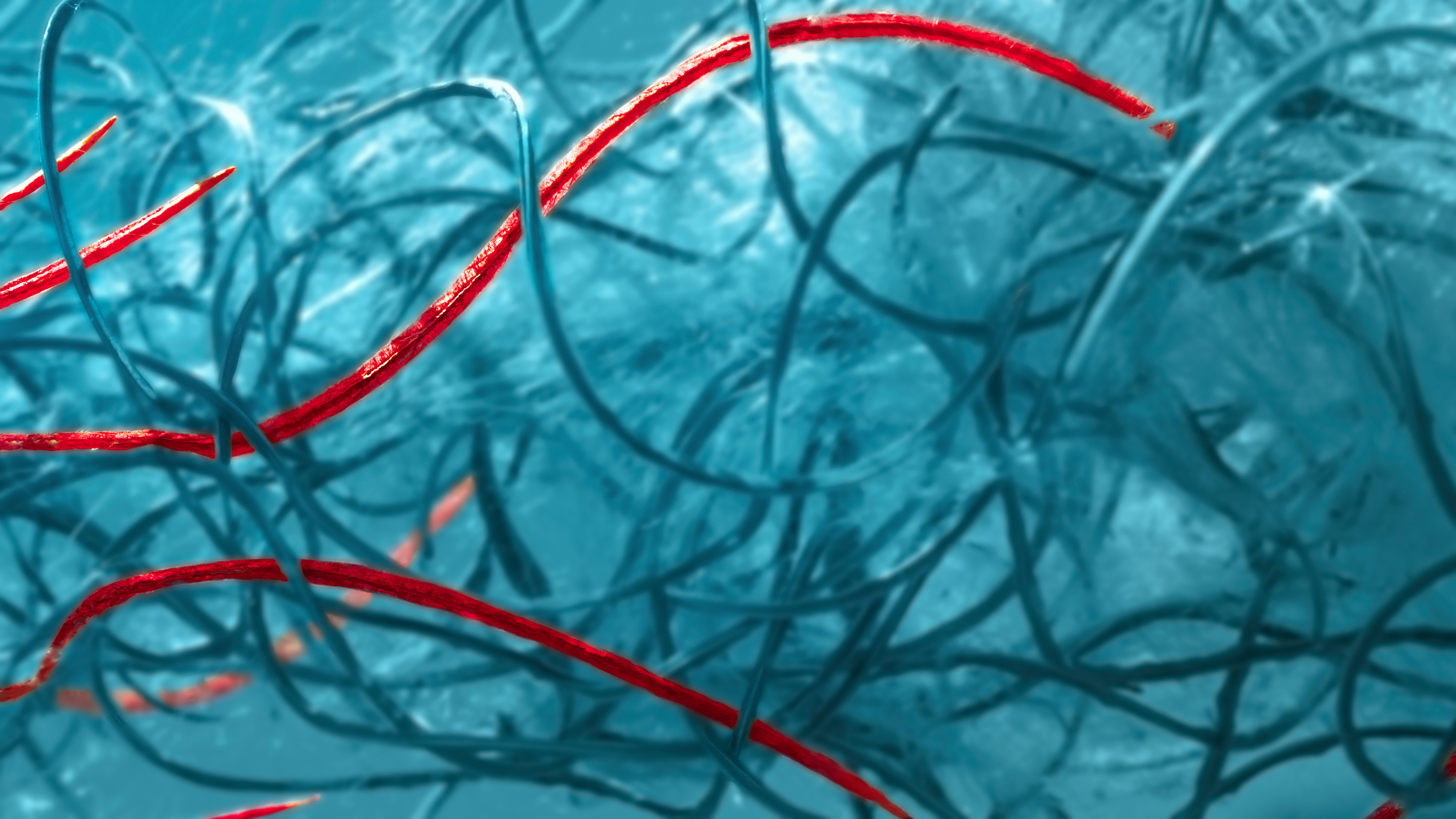
Did you know that you had different types of veins situated in different parts and levels of your body? And depending on which vein you’re talking about, there could be various conditions that affect them.
The vascular system is a complex superhighway of arteries, veins and capillaries all connected to the heart. Arteries carry oxygen-rich blood from your heart to your tissues and organs. Veins carry the blood and waste products back to your heart. Capillaries deliver nutrient-rich blood between the arteries and the veins.
In this post, we’re going to focus on the different types of veins you have in this system, and within these vein categories, we’ll cover Deep Veins and Superficial Veins.
There are actually three main categories of veins: deep veins, superficial veins, and perforating veins which connect the first two!
Deep Veins
These are larger veins found deep below the muscles or along bones in the thigh and calf. Nearby muscles help to compress the deep vein driving blood from the toes back to the heart.
Deep veins are generally the same and are named for their location and proximity to an adjacent artery. These veins have a series of one-way valves that allow blood to go in one direction (back to the heart).
Superficial Veins
These are located closer to the skin and are smaller in diameter. However, without a nearby muscle for compression, they tend to move blood more slowly than deep veins do.
The two main superficial veins of the leg are the Great (long) saphenous vein (GSV) or the Lesser (short) saphenous vein (SSV).
The GSV is the longest vein in the body extending from the foot up to the femoral vein in the groin. The SSV runs from the foot up the back of the leg up to the knee.
Conditions Affecting Deep and Superficial Veins
Deep Vein Thrombosis (DVT)
The deep veins that are larger in size can pose serious problems if there is a clot or thrombosis—hence, a Deep Vein Thrombosis. The most serious risk of a DVT is that of a pulmonary embolism which occurs when a piece of the clot breaks off from the leg and travels through the bloodstream to the lung. This affects the ability of the body to get oxygen and, in some situations, can be fatal.
A DVT can produce leg swelling, soreness when you walk or stand, or a heavy feeling in a leg that is not typical of your normal condition. A bigger concern is that many DVTs are silent until they develop into a pulmonary embolus. There are several options available to treat a DVT. We recommend consulting with one of our experienced, board-certified vascular surgeons at the Vein Institute of NJ to understand all of your particular options. However, treatments can range from blood thinners to clot busters to filters that can help prevent a blood clot from traveling to the lung.
Chronic Venous Insufficiency (CVI)
Venous insufficiency is a chronic condition we see when there is inadequate return of blood from the veins in the leg back to the heart. The pooling of blood creates surrounding pressure (called reflux), which may result in enlarged blue, red or flesh-colored veins that can be seen through the skin. Over time, this can lead to other changes to the texture of the skin, and, potentially, leg ulcers, if not treated properly. With continued pressure, the vein walls weaken and bulge. Eventually, we can see a varicose, spider or reticular vein.
The good news is that these issues can be treated with minimally-invasive techniques with little to no down time from ablations to microphlebectomies depending on the amount of work that needs to be done.
As always, we are here to help answer your questions about your veins and issues you may be having with your legs. Don’t let painful or unsightly leg issues negatively affect your quality of life or self-esteem. Our board-certified vascular surgeons are here to assist and get you on the road to recovery.
Make an appointment today!



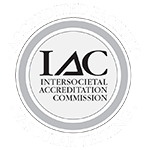
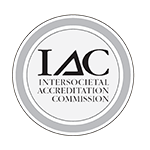
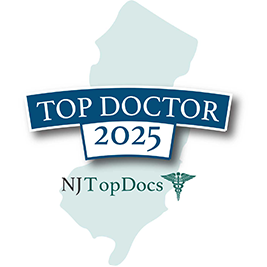
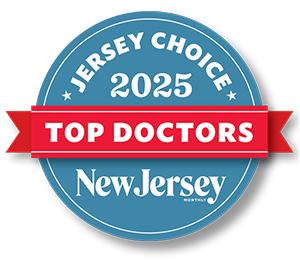
_2.jpg)